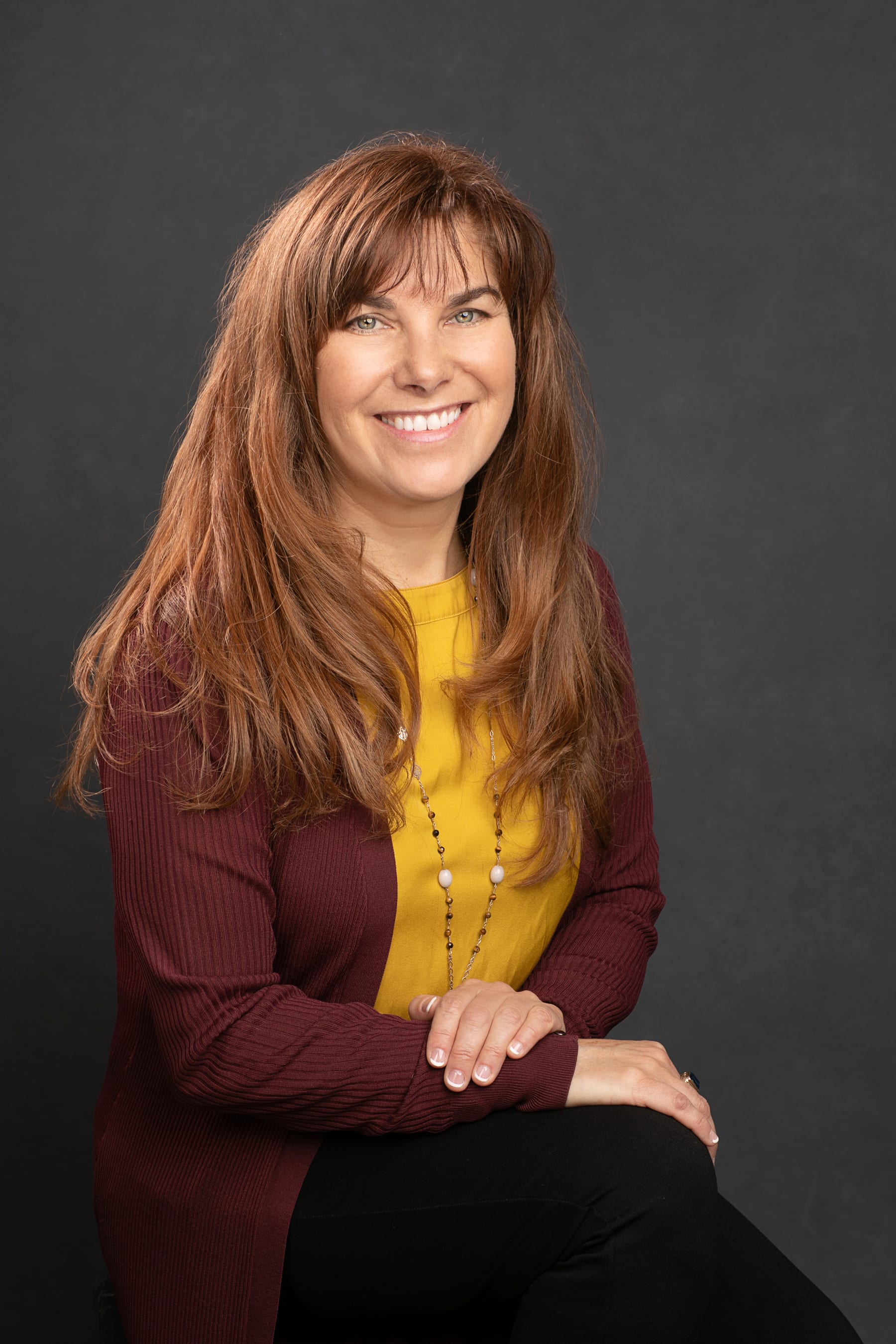
The Nebraska Summit on Math and Science Education's fourth plenary speaker, Dr. Hortensia "Tensia" Soto of Colorado State University, is the current president-elect of the MAA, a frequent contributor to Math Teachers' Circles, and a native of Western Nebraska. She went to high school in Morrill, Nebraska, and attended Chadron State College.
In addition to Math Circles, Soto has taught several of our NMSSI courses. (If any of you have encountered problems described as “Algebra without the Algebra," they originated with Soto.)
Soto will speak at the pre-session Friday evening, June 3, from 7 p.m. to 8:30 p.m. at the Embassy Suites. She will also host a breakout on Saturday afternoon, June 4, at the Nebraska Innovation Campus Conference Center. See below for the abstracts for her talks.
Registration is now open at https://go.unl.edu/2022-summit-csmce. If the registration fee for the conference cannot be covered by your school/district, you can ask in the form for a waiver of the fee. Lunch, snacks, and meeting materials are provided as part of the registration.
A block of rooms has been reserved at the Embassy Suites in downtown Lincoln, and we have several rooms still available. The conference will cover a one-night stay for Friday, June 3, and breakfast at the hotel. The online link to reserve a room is included in the registration form. Please register for the Summit as soon as possible to receive free lodging; the block will be released on May 13.
Friday Plenary: Did Someone Say Active Learning? Well, Let’s Get Moving!
Dr. Hortensia Soto
Embodied cognition is a philosophy that hypothesizes that learning is body-based. In this presentation I will share research and classroom practices that support this hypothesis. Wear your comfy clothes so you can engage in activities where you can learn mathematics by moving in new ways. Specifically, we will discover the definition of a circle and of an ellipse through the lens of embodied cognition. If time permits, we will extend these definitions to taxicab geometry (so you can blow your students’ mind). Don’t forget your fun-meter.
Saturday Afternoon Breakout: Compassion in & Access to Learning Mathematics (CALM)
Dr. Hortensia Soto
Research indicates that students from minoritized groups are more likely to pursue STEM degrees if they can see how these fields benefit their communities and if they are in classrooms where they experience micro or macro-affirmations. In this presentation, I will share my perspectives, based on research and personal experiences, on how we can create learning environments that provide our students access to learning mathematics. I argue that we can help students see the value of mathematics challenging them, providing a supportive learning environment, and creating a space where they have a voice in their learning.